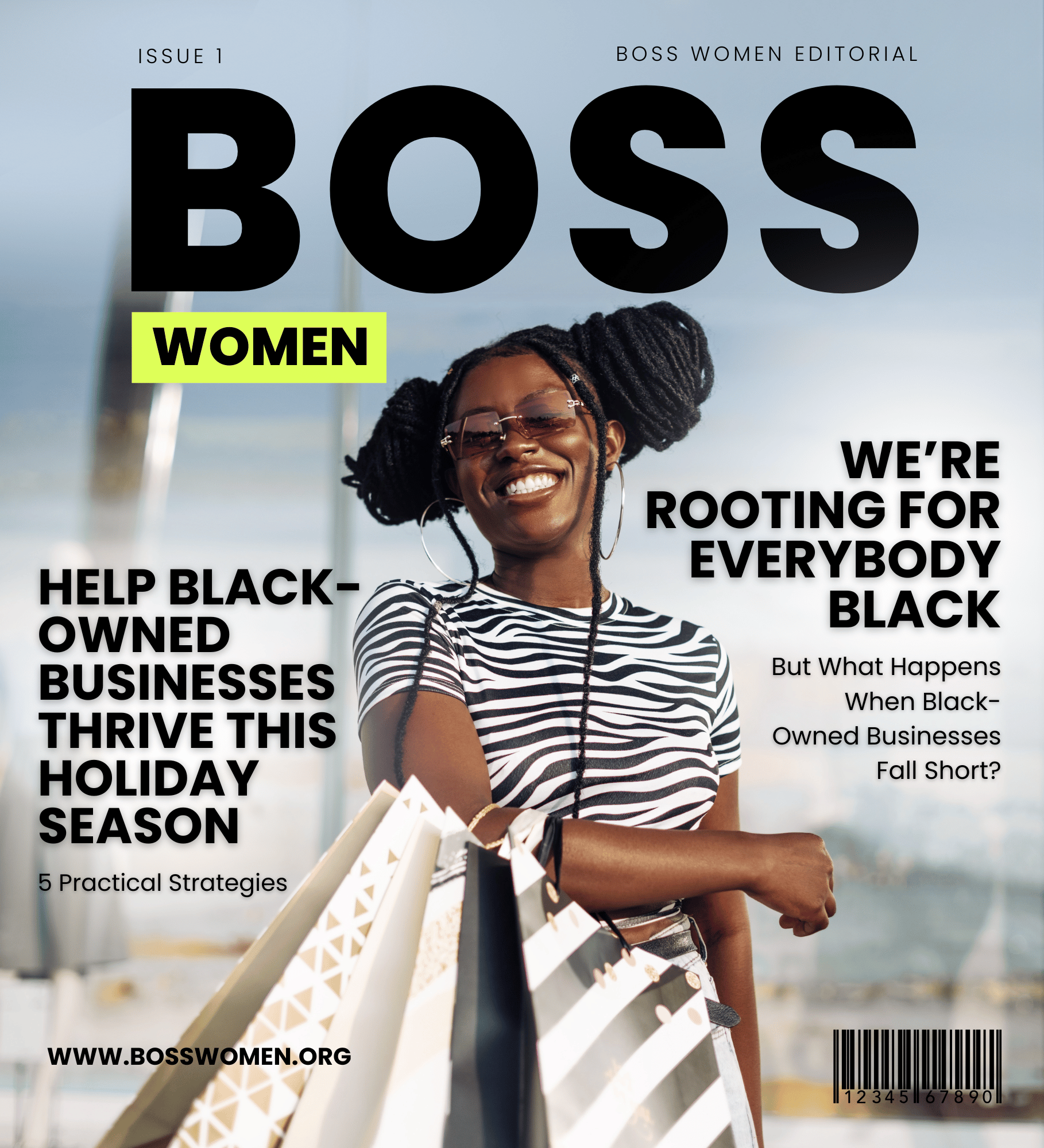The effects of the pandemic on the economy continue to compound daily: workers are being furloughed or laid off in the industries hardest hit by social distancing and shelter at home orders. Travel and hospitality, restaurant and fitness, and professional services are shedding jobs as millions apply for unemployment benefits. With millions impacted, it is essential to understand the ways that the economic downturn will affect women of color.
Women of Color On the Margins at All Levels in the Workplace
Prior to the onset of the pandemic, research clearly outlined the ways that work culture leaves women of color behind. The 2019 LeanIn.org and McKinsey Women in the Workplace report found that only four percent of C-suite roles are filled by women of color. On the side of over-representation, Black, Latino and Asian employees are more likely to earn poverty-level wages than white workers according to the Economic Policy Institute. Black women are more likely to work in food service, domestic work and home healthcare, which are fields that pay some of the lowest salaries in the country. Additionally, The Atlantic reported that 43 percent of maids and house cleaners are Hispanic women.
Once in the workplace, the corporate culture is not supportive of the promotion of Black and Latina women into leadership roles. The same LeanIn.org and McKinsey report found that for every 100 entry-level white men promoted to manager, only 68 Latinas and 58 Black women are promoted. This is despite the findings of a Harvard Business Review survey that states 76 percent of Latinas and 80 percent of Black women said they wanted to be promoted. The old adage that people of color have to be twice as good to get half as far never rang truer than when reading these statistics.
When women of color arrive, they often face discrimination at the intersection of their race and gender as they are held to higher standards than their male counterparts, deal with micro- and macroaggressions and fail to receive support of management through sponsorship and mentorship.
Lack of a nationally mandated paid parental/family and sick leave policy means that families of color, who are more likely to have multigenerational households, are challenged when trying to coordinate the care of children and elder family members. Caregivers are often forced to take unpaid time off or leave work fully in order to accommodate care needs.
Nationally, the drive for diversity and inclusion over the past several years brought about the Lean In movement along with thinkers and leaders like Minda Harts and Cindy Gallop among other women, men and non-binary/gender nonconforming persons. As work shifts from the office to our living rooms, from the board room to the virtual conference room, now it is more important than ever to continue to push for equality in the workplace.
Softening the Blow
Conversations around work have shifted to how companies are ensuring essential workers – transportation, grocery stores, medical and healthcare professionals and others – are protected but less is being centered on how the millions of jobless will fare in the meantime.
For women of color whose roles have been downsized, furloughed or eliminated completely, the Families First Coronavirus Response Act may only be a band-aid when they’re hemorrhaging.
It is not only the responsibility of elected officials to navigate the recovery of the economic downturn, but the overall network of friends, family members and strangers who recognize that when we are able to uplift women and families, the overall society benefits. Where you can, shop small business and local to provide independent businesses with a cash infusion for their products and services. At the same time, write letters and call your city, state and federal officials to ensure that all parts of the Act are implemented with an eye for the most vulnerable among us.
Let’s plan to get through this economic downturn with an eye for building more inclusive workplaces and communities. We can come out on the other side of the pandemic stronger, together.
By Mandy Price and Star Carter, Co-Founders of Kanarys





